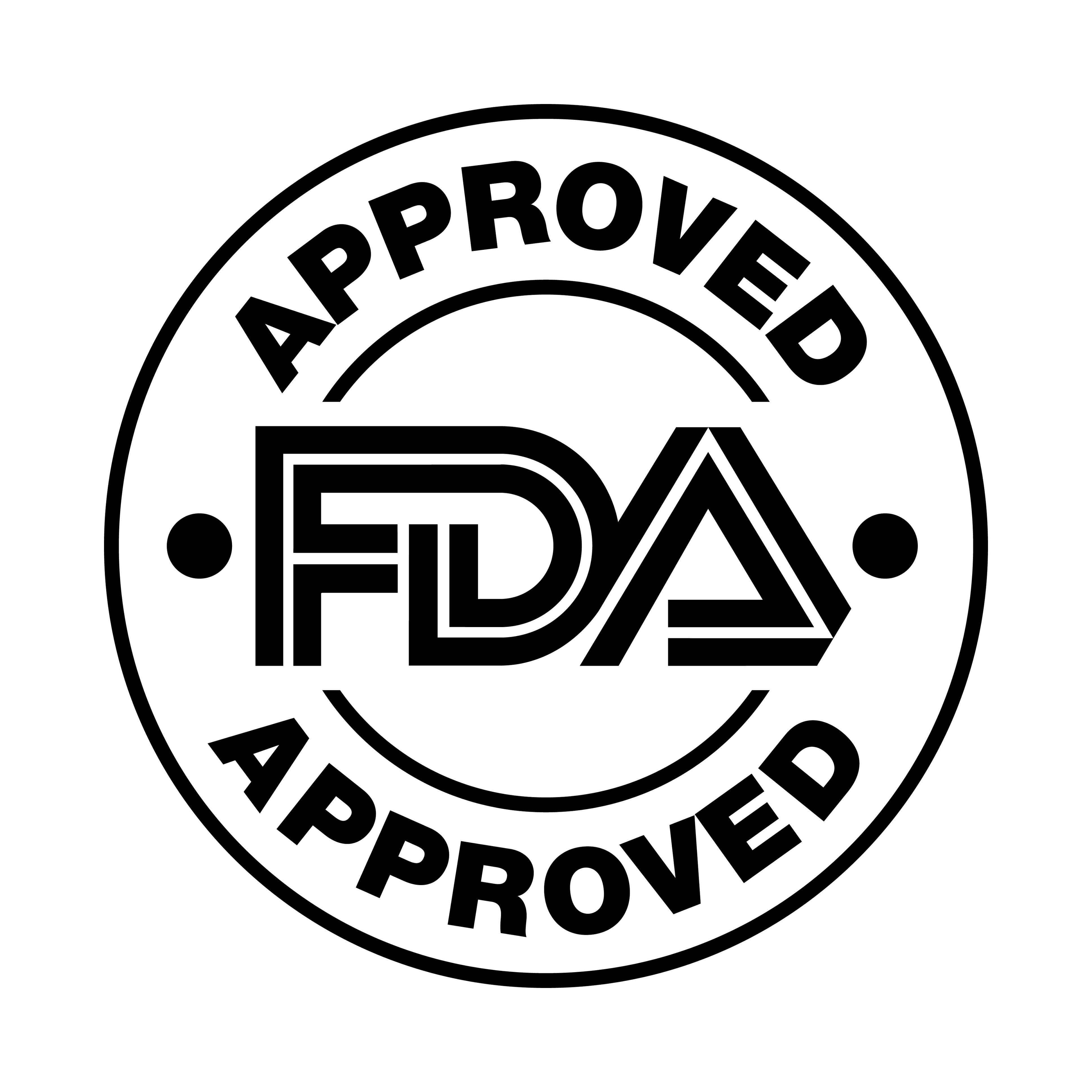
Neurology
Latest News
Latest Videos

CME Content
More News

The PANDAS/PANS questionnaire is based on symptoms and comorbidities described in the literature and is a self-report completed by parents of children younger than 18.
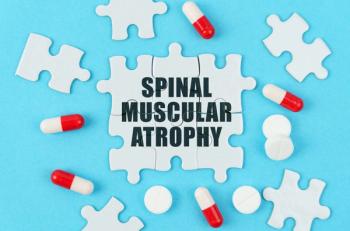
Results were from the phase 3 STEER study among a broad population of patients with SMA aged 2 to under 18 years.
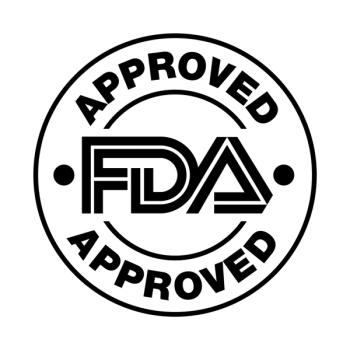
First approved for PNH in 2007, the monoclonal antibody is now the first and only treatment for pediatric patients living with gMG.
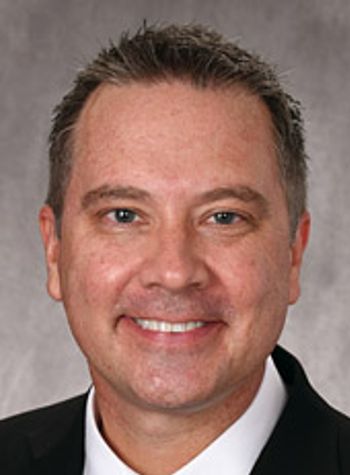
“In some cases, that meant that we could actually go after the primary pathology or the primary cause of the condition in a way that we never would have thought of before."

The FDA has accepted PTC Therapeutics' NDA for vatiquinone, a potential treatment for Friedreich's ataxia, with a decision expected by August 19, 2025.

Get caught up with Contemporary Pediatrics! This list helps you navigate our top stories from the week, all in one place.

The new risdiplam tablet is suitable for those aged 2 years and older who weigh more than 44 lbs, according to Genentech.

Cyclo Therapeutics has enrolled 10 patients in a single-arm sub-study treating newborns to 3 years of age, evaluating the Trappsol Cyclo in the youngest subsets.
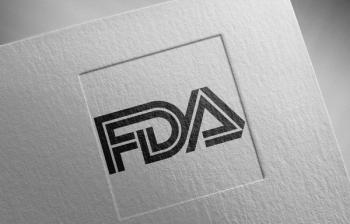
A recap of the FDA submissions and regulatory decisions in pediatrics from January 2025.

Application submission is based on positive phase 3 data that demonstrated improvement in patients with type 2 and 3 SMA receiving current standard of care.

The higher dose regimen of nusinersen comprises a more rapid loading regimen, two 50 mg doses 14 days apart, and higher maintenance regimen, 28 mg, every 4 months.
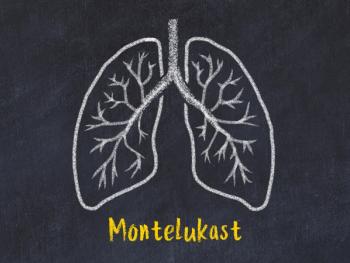
"In aggregation with other robust observational studies, these results can inform the management of asthma and allergic rhinitis in this patient group," wrote the study authors.
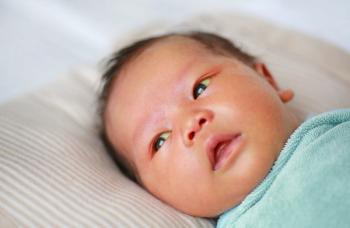
A good correlation and statistical agreement with total serum bilirubin was observed in a study of a new smartphone-based machine learning app, leaving it a potential neonatal jaundice screening tool.
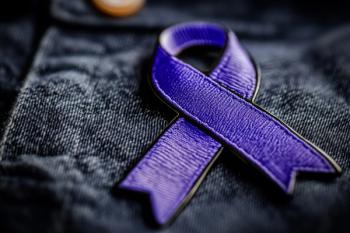
Respondents reported decreased diarrhea severity, improved patient quality of life, and decreased treatment discontinuation among patients with Rett syndrome treated with trofinetide.

Both monthly migraine days and headache days were reduced vs placebo in patients aged 6 to 17 years.

If approved, SL1009 has the potential to be the first approved medication for PDCD, and would be available as an oral solution.

Results demonstrated that slowed aperiodic activity was present in brain areas linked to concussion symptoms such as impaired concentration and memory.

Get caught up with Contemporary Pediatrics! This list helps you navigate our top stories from last week, all in one place.

With this expanded FDA clearance, the wearable becomes the first FDA-cleared, non-drug therapy to treat acute migraines in children.

With the decision, Kebilidi becomes the first FDA-approved gene therapy for AADC deficiency, and is indicated for adult and pediatric patients.
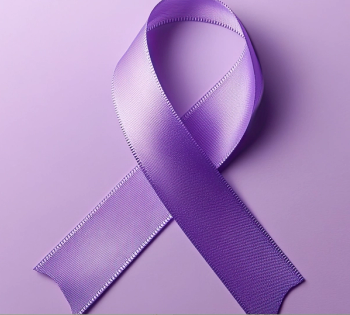
Data stems from the first 4 patients dosed in a low-dose cohort of an ongoing phase 1/2 open-label trial.

The TrustTSC trial did not achieve its primary endpoint of percent reduction in 28-day frequency of TSC-associated seizures.

The approved indication is for patients aged 7 years and up with narcolepsy to treat cataplexy or excessive daytime sleepiness.

Parents had a variety of preferences and motivations for acquiring prognostic genetic information about their child, but 4 major findings emerged from parental interviews. Click to read more.
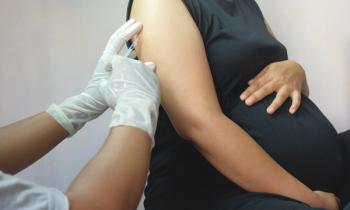
In a recent study, infants of mothers with an influenza infection during pregnancy were significantly more likely to experience febrile seizures, but not epilepsy.




